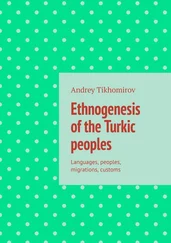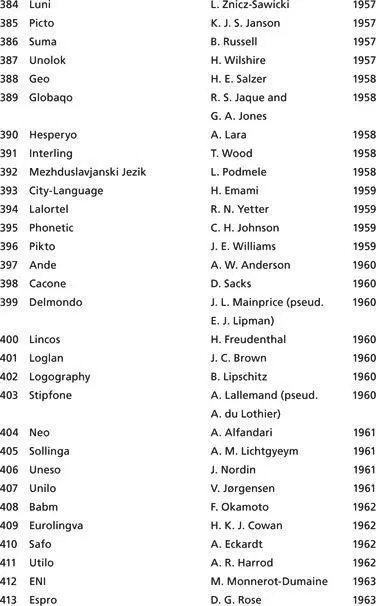
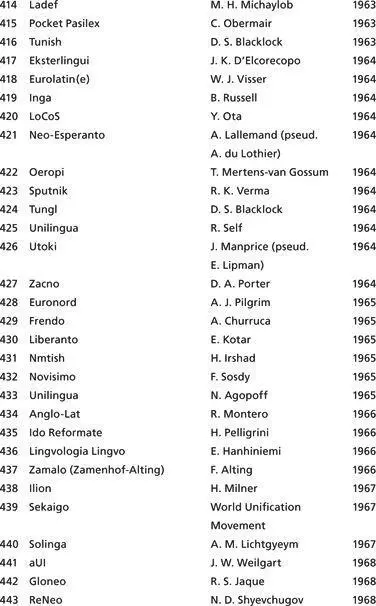
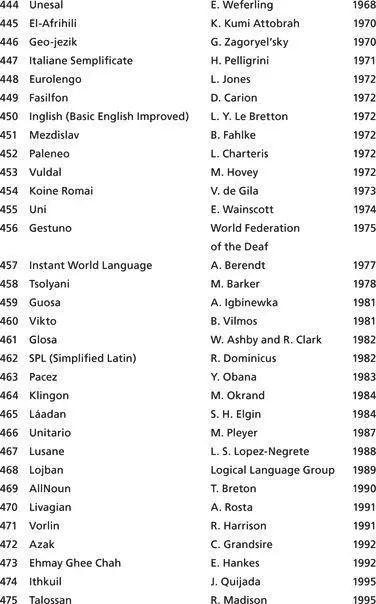
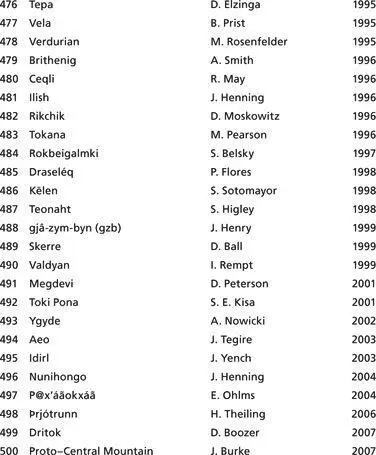
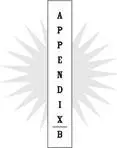
Works on invented languages usually classify the languages into three categories. Languages like that of Wilkins, which are completely created from scratch, are called a priori languages. Languages like Esperanto, which take most of their material from existing natural languages, are called a posteriori languages. Languages like Volapük, which contain elements of both types, are categorized as mixed. There isn’t always total agreement on which category a particular language should be in (especially for mixed languages), but you can usually tell what type a language falls under just by looking at it. Here are some examples:
Luftlandana (Larsson, 1893)
Ri napa luft byser hinsko. Napa ri spru freiste naj bar johrajb.
“We have invented a new language. We have seven moments of rest daily.”
Bolak, La Langue Bleue (Bollack, 1899)
Ak vop sfermed pro spes maned, if om pobl to pobl, ne ei mnoka pfo an am lank.
“What an immense advantage for mankind, if from people to people we could communicate through the same language.”
Medial (Weisbart, 1922)
Un Englo, un Franco ed tin Deuto havit le taske pintir kamele. Le Englo voyajit ad Afrike for studiir (e kamele in tisui doimie, le Franco gidit al zoologi jarden, ed le Deuto pintit on kamelo ex le profunde de sui psyke.
“An Englishman, a Frenchman, and a German were supposed to paint a camel. The Englishman traveled to Africa to study the camel in its habitat. The Frenchman went to the zoo, and the German painted a camel out of the depth of his psyche.”
One of the most commonly translated passages is the Lord’s Prayer. For comparison, here are the first few lines in a variety of languages:
Scriptura Oecumenica (Carpophorophilus, 1732)
O baderus noderus ki du esso in seluma, fakdade sankadus ha nominanda duus, adfenade ha rennanda duus, ha folanda duus, fiassade felud in seluma, sik koke in derra.
Communicationssprache (Schipfer, 1839)
No Pera, wia ete Cielu, ta Noma sanctiferii, ta Royoma Ais arrivii; ta volonta färerii com Cielu änsi Terru.
Volapük (Schleyer , 1879)
O Fat obas, kel binol in süls, paisaludomöz nem ola! Komomöd monargän ola! Jenomöz vil olik, as in sül, i su tal!
Weltsprache (Volk and Fuchs, 1883)
Not pater, vel sas in les cöles, ton nomen sanctöt, ton regnon venät, ton voluntat söt vam in le cöl, tarn in le ter.
Pasilingua (Steiner, 1885)
Patro miso, quo er in coela, nama tüa sanctore, kingdoma tüa kommire, tila willu fairore sur erda ut in coela.
Spelin (Bauer, 1888)
Pat isel, ka bi ni sielos! Nom el zi bi santed! Klol el zi komi! Vol el zi bi faked, kefe ni siel, efe su sium!
Lingua Komun (Kürschner, 1900)
Padre nose kuale tu ese in cielo, sante esa tue nómine; vena imperio tue; voluntá tue esa fate sur tera komo in cielo.
Idiom Neutral (Rosenberger, 1902)
Nostr patr kel es in sieli! Ke votr nom es sanktifiked; ke votr regnia veni; ke votr volu es fasied, kuale in siel, tale et su ter.
Spokil (Nicolas, 1904)
Mael nio kui vai o les zeal, aepenso lezai tio mita; veze lezai tio tsaeleda; feleno lezai tio bela, uti o zeal itu o geol.
Pan-Kel (Wald, 1906)
Sai Fat in sky, y sanu so nam; so land komu; so viy apsu up glob 1 sky.
Ulla (Greenwood , 1906)
Vus Patra hoo este n ciela, sankted este dus noma, dus rexdoma vene, dus desira esta färed n terra als tu este n ciela.
Nepo (Tscheschichin, 1913)
Vatero nia, kotoryja estas in la njeboo, heiliga estu nomo via; kommenu regneo via; estu volonteo via, jakoe in la njeboo, ebene soe na la erdeo.
Viva (Nesmeyanov, 1913)
Patr no ki es en ska, santanu to im, komu to regn, makru to vil ut en ska it on ge.
Q⊚smianˇ (Beatty, 1922)
Mems patro qwe esip ir celestii, tom nomini a santiflcatap, tom regni venap, tom voliti fiatap aq ir celestii taleq or terri.
Novam (Touflet, 1928)
Patro nia que es nel sieli, vua nomo santificeveu, vua regno adveneu, vua volo fareveu sur il tero quale nel sielo.
Interglossa (Hogben, 1943)
Na Parenta in Urani: Na dicte volo; tu Nomino gene revero; Plus tu Crati habe accido; plus u Demo acte harmono tu Tendo epi Geo homo in urani.
Mary da (Máriás, 1946)
Muy patra, ka jan en colay, santages tu noma, alvene tu regna, ages tu vola cel en cöla ey en tera.
Zamalo (Alting, 1966)
 Jia padro,θiu estu in la cielo, saimage:_00141.jpg[]qtata estu wia nomom, venu wia regnom, oquru wia wolom na la tero, qiel in la cielo.
Jia padro,θiu estu in la cielo, saimage:_00141.jpg[]qtata estu wia nomom, venu wia regnom, oquru wia wolom na la tero, qiel in la cielo.
These days, the inventors who create their languages for fun and art prefer to translate the story of Babel.
Verdurian (Rosenfelder, 1995)

Then they said: “Come, let us build a town and a tower, whose top will reach the heavens; and let us get ourselves glory, so that we are not scattered across all the earth.”
Teonaht (Higley, 1998)

And they said: “Come! A city and tower let us build so that its head reaches to Heaven. And ourselves let us name, so that we get not throughout the earth our scattering.”
Brithenig (Smith, 1996)

Then they said, “Come, let us build a city for ourselves, with a tower that touches the heavens, that we make a name for ourselves and are not scattered over the face of the entire land.”
Kēlen (Sotomayor, 1998)

And they said to each other: We should make a city that has a tower that reaches to the heavens. And they said to each other: We should make our name so that we do not become scattered far among the world.
Skerre (Ball, 1999)

Next, they said, “We should build a city and a tower that can go up to the sky so that our name will be remembered before we might be scattered to the entire surface of the world.”
Читать дальше






 Jia padro,θiu estu in la cielo, saimage:_00141.jpg[]qtata estu wia nomom, venu wia regnom, oquru wia wolom na la tero, qiel in la cielo.
Jia padro,θiu estu in la cielo, saimage:_00141.jpg[]qtata estu wia nomom, venu wia regnom, oquru wia wolom na la tero, qiel in la cielo.






